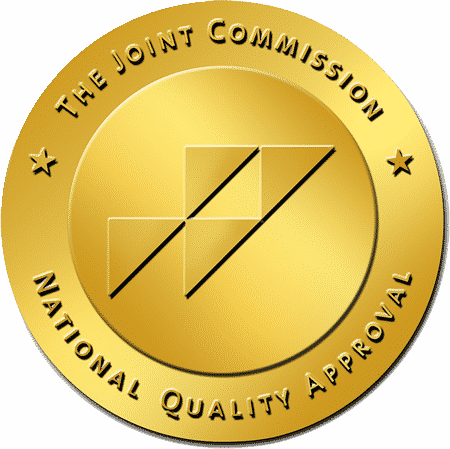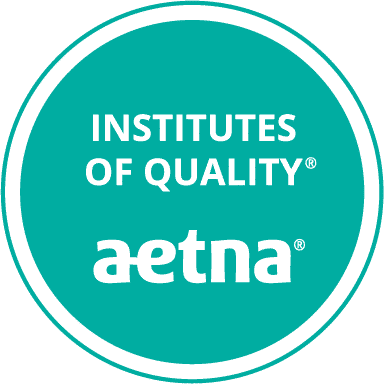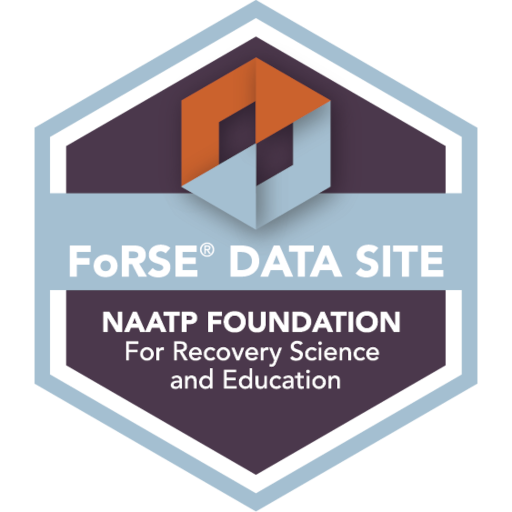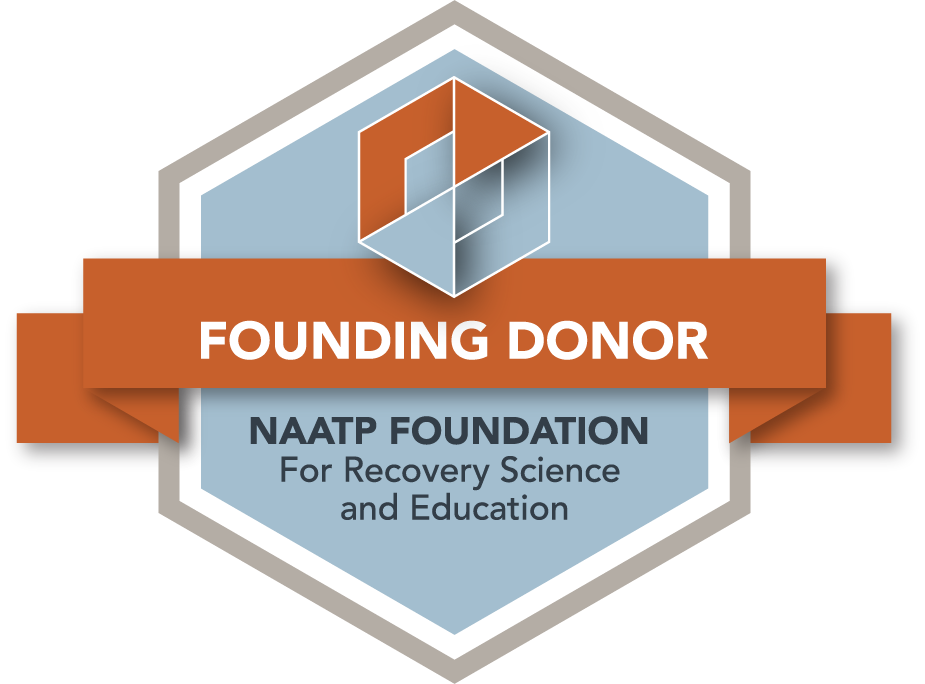What is Dextromethorphan or DXM?
Dextromethorphan is an over-the-counter drug used as a cough suppressor that inhibits the nerve system reaction that causes a chronic cough or hard coughing.
When used as directed, DXM is safe and non-habit forming. However, misused drug use of DXM causes euphoria and hallucinations.
Because of the risk of addiction, dextromethorphan (DXM) should only be used as prescribed by a medical professional. It is important to understand the dangers and the potential consequences of DXM misuse.
DXM as a Cough Suppressant
As a cough suppressant, DXM is found in many OTC cough medications such as cough syrup, capsules, or dextromethorphan tablet or tablets.
Sometimes it is the only ingredient, or there may be combined use with other drugs like dextromethorphan: acetaminophen, antihistamines, analgesics, decongestants, or expectorants.
Popular over-the-counter brands that include DXM include Coricidin, Mucinex DM, and Robitussin, and Tylenol Cough and Cold. Although OTC medications are legal, many retail chains have security settings alarming personal when these drugs are handled. Additionally, some stores hold DXM derivatives behind the counter as a security block. The medication then is given to someone by a pharmacist.
DXM and Pseudobulbar Affect
DXM has at least one other use besides cough suppressant.
Pseudobulbar affect (PBA) is a neurologic condition that impacts approximately one-in-ten multiple sclerosis patients. It causes sudden, uncontrollable expressions of laughter or crying without an apparent reason.
The U.S. Food and Drug Administration has approved a combination of dextromethorphan hydrobromide and quinidine sulfate (Nuedexta®) to treat PBA. It is the only known treatment, but wellness professionals are seeking other answers to this symptom of MS.
Is Dextromethorphan a Narcotic?
Unlike opium, which can also suppress coughing, DXM is not classified as a narcotic.
That does not mean that DXM abuse is safe. If used in high doses, dextromethorphan can result in intense hallucinations or out-of-body experiences.
Misusing DXM with or without other substances can have harmful effects and subsequently increase the risk for substance abuse and addiction.
Adverse Effects of DXM
Some harmful effects that can occur after taking DXM include:
- Blurred vision
- Shakiness and unsteady walk
- Difficulty in urination
- Drowsiness (dextromethorphan drowsy)
- Dizziness
- Visual hallucinations
- Nausea and or severe vomiting
- Slurred speech
- Respiratory arrest
- Extreme sedation
- Unusual nervousness, irritability, restlessness, or excitement
- Slowed breathing.
DXM Intoxication
At high doses, DXM can lead to intoxication (dextromethorphan toxicity) and produce psychiatric symptoms including extreme agitation, hallucinations, mania, and panic.
DXM poisoning can also cause slowed breathing, increased blood pressure, coma, fast heart rate, psychosis, seizures, and death. These symptoms require a call to your local poison control center and emergency room.
DXM Withdrawal Symptoms
It is difficult to manage withdrawal symptoms while detoxing from dextromethorphan use without professional medical assistance. Besides the discomfort, the withdrawal symptoms make it hard to stop misusing DXM.
To make withdrawal more manageable, medical detox programs offer a range of treatment options. Medications can help with the pain and clinical therapy can help patients cope with the psychological aspects of withdrawal. .
Withdrawal Symptoms from DXM Abuse Include
- Bone or muscle aches
- Vomiting or diarrhea
- Cold flashes
- Unsteady gait
- Slurred speech
- Cravings for the drug
- Insomnia
- Restlessness
Cold Medicine Abuse
Cold medicine abuse is a significant problem that requires immediate medical attention. It can affect the central nervous system, which can lead to breathing problems.
High doses of cold medications, cough syrup and other drugs coupled with drug use of a controlled substance can cause DXM dextromethorphan abuse leading to slurred speech and causing neurological and neuropsychiatric disorders.
Dextromethorphan abuse can also lead to a psychiatric condition known as phenylketonuria.
Street names for recreationally marketed DXM include Poor Man’s Psychosis, CCC, Skittles, Robo, Poor Man’s PCP, and Triple C.
A Safe and Effective Drug When Used Properly
DXM is a legally marketed cough suppressant that is neither a controlled substance nor a regulated chemical under the Controlled Substances, according to the U. S. Drug Enforcement Administration.
That does not diminish the dangers of DXM misuse which are known to cause serious substance abuse problems.
Robotripping on DXM: What is it?
Robotripping, skiing, and other terms refer to a technique in which people use DXM to achieve a “high” or euphoric feeling. This technique usually requires more than the recommended dose and is dangerous.
Most products that contain DXM can cause other harmful effects if used at high concentrations.
Tripping on DXM
As stated before, DXM has no harmful effects when taken as a prescribed cough medication for a cold or cough and not combined with other drugs.
Often people misuse DXM this is known as a “dxm trip” to try and reach euphoria. DXM taken at an elevated dose for this purpose can cause hallucinations or euphoria.
The consequences of tripping on DXM may be severe. Some of the effects include distorted visual perceptions, loss of motor coordination and out-of-body sensations.
Is Abusing Cough Syrup or Cough and Cold Medicine Addictive?
It is possible to become addicted to DXM, including the over-the-counter cough relief versions of the cough syrups and cold medicines used for temporary relief.
When someone uses DXM products for reasons other than a cold and cough, it can lead to medical complications, dependence, or even addiction.
Addiction to DXM is characterized by a strong desire for the drug, inability to control the amount and frequency of use, and physical withdrawal symptoms when attempting to stop use of the drug.
Abusers of DXM will also neglect other responsibilities of his or her life in favor of dextromethorphan use.
Dextromethorphan Abuse
When people begin to use DXM for recreational use or non-medical use it may indicate they have a problem. Due to the dissociative states that occur when people take DXM products, it leads to dependence and may significantly increase the risk for misusing DXM or other dissociative drugs.
Substance Use Disorder Treatment at La Hacienda
Located in the Texas Hill Country, La Hacienda Treatment Center has been helping persons suffering from substance use disorders find recovery for over 50 years.
La Hacienda’s healthcare professional and clinical staff help patients detoxify and find meaningful recovery. A comprehensive review of all health conditions, including medicine abuse, is part of the screening process.
For more information or to start the admission process, phone (800) 749-6160 and talk with one of our helpful admission specialists.

OTC Drug
Over-the-counter (OTC) drugs can be purchased without a prescription from a healthcare provider. Some OTC medicines relieve pains, aches, and itches. Some cure or prevent disease, such as athlete’s foot or tooth decay. Others help manage recurring problems, like allergies or migraines.
The Food and Drug Administration, in the United States decides whether a medicine is effective or safe to sell over-the-counter. Users need to be careful to follow the instructions on a prescription label.
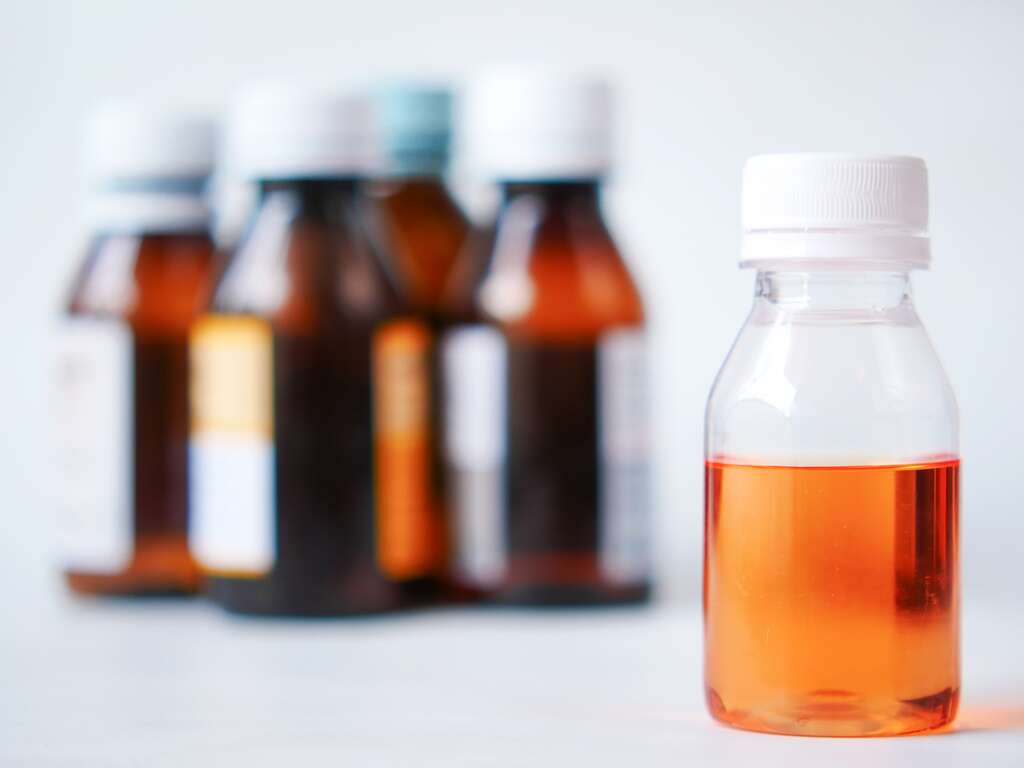
Cough Medicines
Cough medicines or cough suppressants are medications used to treat a cough from a cold or the flu. They block a person\’s cough reflex.

Cold Medicines
Cold medicines can be found in most pharmacies and grocery stores. They are used to remedy the symptoms of a cold or flu. Although nothing can cure the common cold, some remedies might ease the symptoms and allow a person to be more comfortable. OTC pain relievers, decongestants, and antihistamines may relieve some symptoms of pain. However, they do not shorten the duration or prevent a cold from happening.
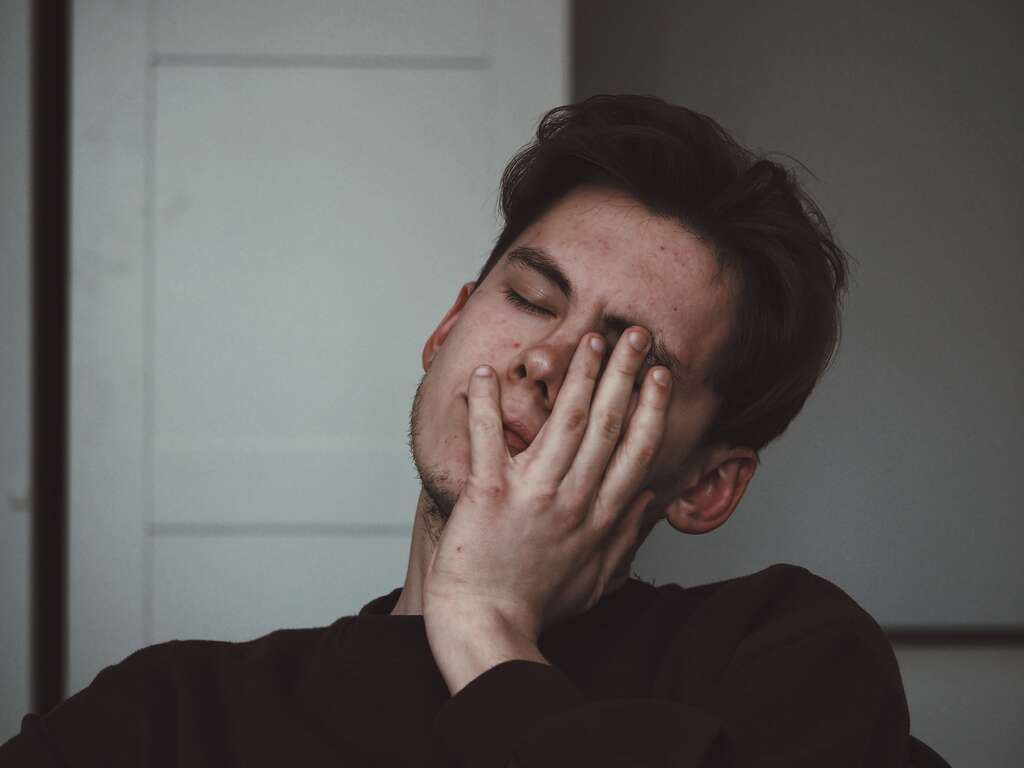
Motion Sickness Pills
Dimenhydrinate is a medication that is used to treat and prevent vomiting, dizziness and nausea that is caused by motion sickness. It is an antihistamine and works by preventing issues with body balance.
